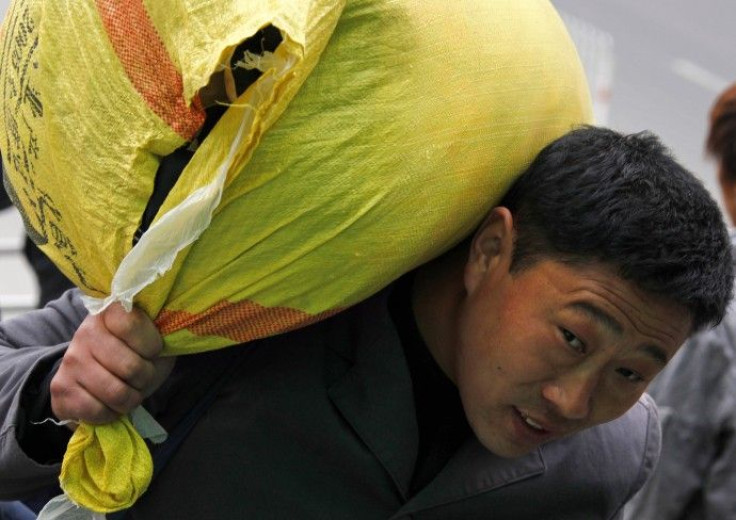Social discontent rising in China: CASS

Social unrest in China has significantly increased this year, with people in small towns and rural areas particularly unhappy with their lives, according to a study by the Chinese Academy of Social Sciences (CASS), a Chinese think-tank.
In its “Blue Book of China’s Society,” researchers said that a number of important indicators, including attitudes towards jobs, social security and leisure provisions have reached their lowest points in four years.
The research indicates that Chinese people are worried about inflation and their personal futures.
Despite the country’s extraordinary economic growth (GDP is forecast to climb by 10 percent this year) confidence in the economy and in the government’s ability to handle economic and international affairs is ebbing.
Moreover, as millions of Chinese depart rural areas for urban centers every year in search of higher paid work, the gap in income between rich and poor widens every year.
Interestingly, despite this expanding gap, the income growth rate of rural residents was forecast at over 8 percent, outpacing the rate of their urban counterparts.
The study also noted that urban residents are confident about their future income and living standards, although they are increasingly more worried about their pensions.
Li Peilin, director of the Sociology Research Institute of CASS, pointed to the theme of rapid urbanization in China.
“We should pay attention to the impact of the massive urbanization process on farmers.” Li said.
The CASS study essentially declared that China has completed its transition from a planned economy to a market economy and that it is rapidly changing from an agricultural-based society to an industrial one.
Also, China’s agricultural industry is itself also changing -- large-scale farms are arising, gradually replacing the traditional farms which were based on household contracts of farmland.
The blue book forecasts that Chinese farmers will eventually turn into independent operators of a modern agricultural industry.
© Copyright IBTimes 2024. All rights reserved.











